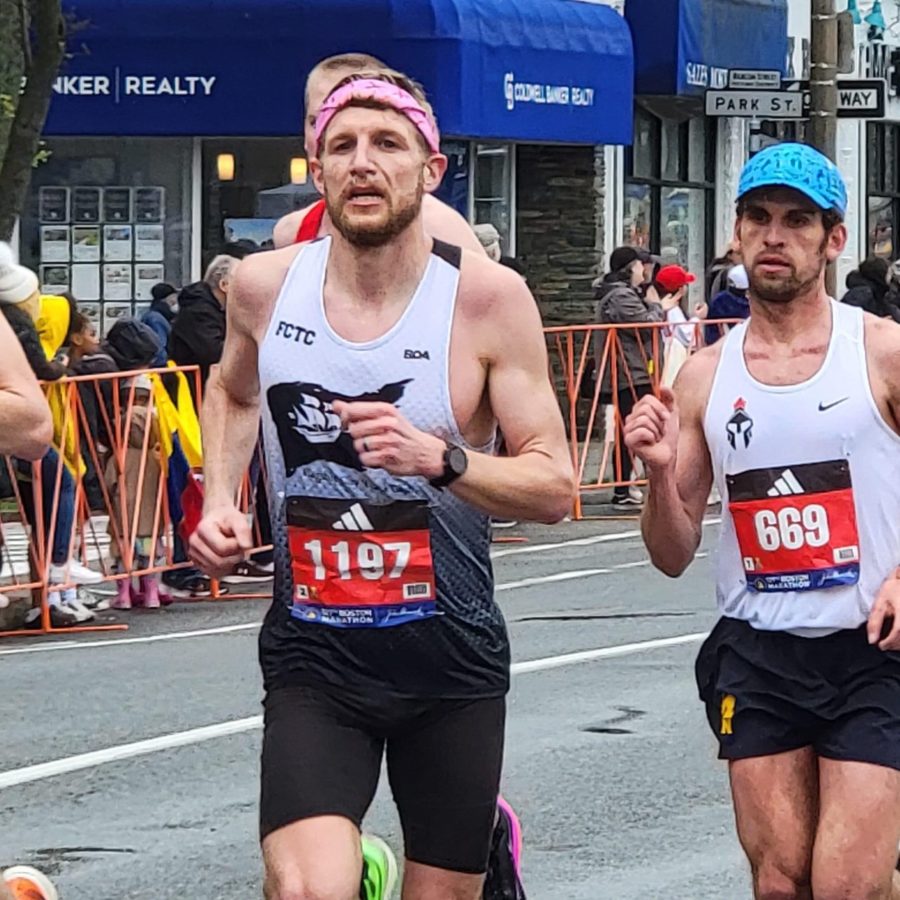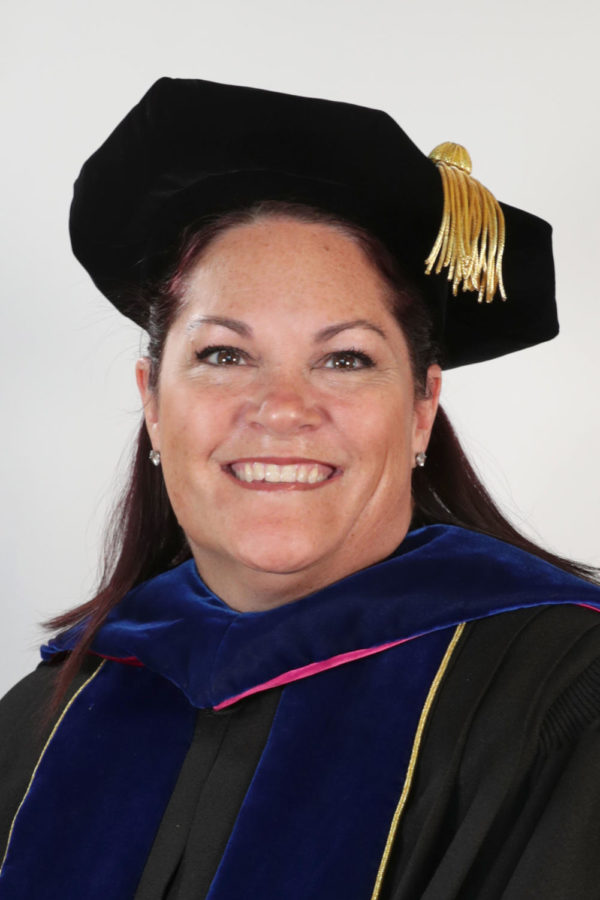This Thursday, March 19, at 7 p.m. in the Taylor Little Theatre, Mercyhurst students will have the opportunity to hear from Joseph D’Ambrosio, who faced death row for 21 years of his life for a crime he did not commit.
D’Ambrosio, a U.S. Army Veteran, was wrongfully-convicted of the stabbing of a 19-year-old in 1988 and sentenced to the Mansfield Correctional Institution in Ohio when he was 26.
With the help of a Catholic priest, D’Ambrosio was exonerated by the U.S. Supreme Court in 2012 and released in 2013.
Father Neil Kookoothe was a pastor at St. Clarence Catholic Church in North Olmsted and was visiting death row inmates in Ohio when he heard about D’Ambrosio’s situation.
Kookoothe not only became D’Ambrosio’s priest, but also his nurse and attorney. He went through D’Ambrosio’s entire case file in one night and discovered numerous inconsistencies in the case against D’Ambrosio and it is there that their quest for justice began.
Even with the help and dedication of Kookoothe, D’Ambrosio’s long road to freedom was by no means an easy one. He continues to encounter challenges with the legal system, even in his newly-obtained freedom.
“As a death row exoneree who was wrongly convicted and wrongly incarcerated, he has not received any compensation from the state of Ohio for his 21 years of wrongful incarceration,” Maria Garase, Ph.D, the chair of the Criminal Justice Department said, in an email to The Merciad.
Garase organized the event as part of the university’s academic theme of “Confronting Justice.”
Garase said she is excited for the presentation, as it fits with the “Confronting Justice” theme in several ways.
“Many times people discount death row inmates as ‘out of sight, out of mind,’” said Garase. “Father Neil [Kookoothe] courageously visits death row inmates so that they are prepared to die with dignity of person still intact.”
According to Garase, D’Ambrosio will discuss how there were “a number of prosecutorial misconduct issues (e.g. withholding exculpatory evidence, false confessions),” as well as issues regarding an “ineffective counsel who was not adequately prepared to try a capital case.”
The controversies surrounding capital punishment will also be a topic for the evening, Garase said.
“As another death row exoneree said during a presentation I recently attended… ‘you can release an innocent person from death row, but you cannot release an innocent person from the grave, it is an imperfect system at best,’” Garase said.
Both Kookoothe and D’Ambrosio will be at Taylor Little Theatre to discuss their experience with students.
Students in attendance will have the opportunity to hear both the experience of being an inmate on death row and the complex emotions that D’Ambrosio experienced when exonerated only two years ago. The ethics of capital punishment will also be a topic for discussion during the evening.
According to the Death Penalty Information Center, 150 people have been exonerated and freed from death row since 1973.




